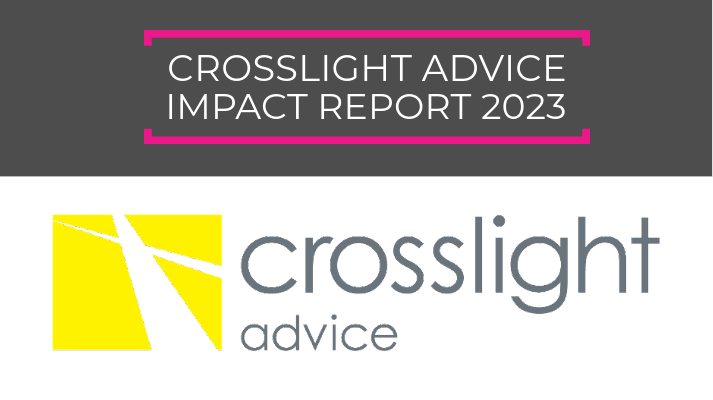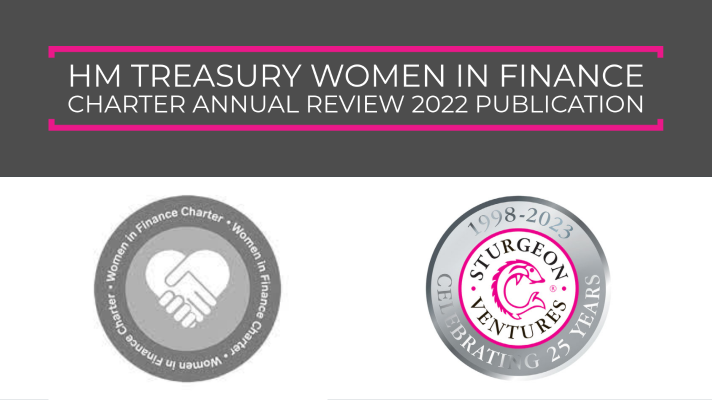The FCA’s Role in Preparing for Brexit
FCA released yesterday, 27.6.2018, their role in preparing for BREXIT. Please read on the link below.Link: FCA Role in Preparing for BrexitSturgeon continues to innovate with Solutions for Emerging Managers and Corporate advisors Pre and Post Brexit. Please contact us on hello@sturgeonventures.com for further details.
Summary
The EU (Withdrawal) Act will transfer and convert existing EU law at the point of exit into UK law. It also gives powers to ministers to make secondary legislation to amend this legislation to ensure it functions effectively when the UK leaves the EU.
As part of this, the Treasury intends to task us with amending and maintaining EU binding technical standards (detailed EU rules). These rules sit underneath EU regulations and directives and provide technical detail of how those requirements must be met.
We will also be amending our Handbook to ensure it is consistent with changes the Government is making to EU law and it functions effectively when the UK leaves the EU. In the run up to March 2019, we will limit Handbook changes unrelated to Brexit to those identified as core priorities in our Business Plan as well as other essential items.
We plan to consult on these changes in the Autumn, subject to the Treasury’s timelines for Statutory Instruments (SIs). We also plan to consult on the rules which will apply to firms in the temporary permissions regime.
Government negotiations
In March, the UK and the EU reached agreement on the terms of an implementation (or transitional) period following the UK’s withdrawal from the EU.
The implementation period is intended to operate from 29 March 2019 until the end of December 2020. During this time, EU law would remain applicable in the United Kingdom, in accordance with the overall withdrawal agreement. Firms, funds and trading venues would continue to benefit from passporting between the UK and EEA as they do today. Obligations derived from EU law would continue to apply and firms must continue with implementation plans for EU legislation that is still to come into effect before the end of December 2020.
However, the implementation period forms part of the withdrawal agreement, which is subject to further negotiations between the UK and EU before it is finalised. We therefore continue to work to ensure the UK’s legal and regulatory framework functions in all scenarios.
The EU (Withdrawal) Act
The EU (Withdrawal) Act will repeal the European Communities Act 1972, preserve existing UK laws which implement EU obligations and convert existing EU law at the point of exit into UK law. The Act gives powers to ministers to make secondary legislation to amend this legislation to ensure it functions effectively when the UK leaves the EU.
As part of this process, the Government will need to lay SIs in Parliament. We expect this to start later in the year. In parallel, the FCA will make amendments to its Handbook and to onshored binding technical standards.
Our approach to the legal changes
The Treasury has set out that its approach to onshoring the EU acquis will not rely on any new, specific arrangements being in place between the UK and the EU after exit and that, as a general principle, EU member states will be treated as third (non-EU) countries – although there are instances where the Treasury would deviate from this general approach, including to provide for a smooth transition. We are taking the same approach. This will ensure that the requirements we are responsible for are consistent with the wider legislative framework. In certain cases we may deviate from this general approach where this is necessary to ensure a smooth transition to a new regime, or to otherwise support our strategic and operational objectives.
EU binding technical standards
The Treasury has outlined its intention to give us, the PRA, the Bank of England and the Payment Systems Regulator (PSR) responsibility for amending and maintaining existing onshored EU binding technical standards so that they can operate after Brexit.
Binding technical standards are EU legislation but they do not set overall policy direction. They sit underneath ‘level 1’ EU legislation and provide technical detail on the overall legislative requirements.
The FCA Handbook
Our Handbook implements or refers to EU legislation and will need to be amended. We will not be making broader policy changes to our Handbook unless necessary. The changes are limited to amendments to ensure that the Handbook remains functional after Brexit and reflects any legislative changes made by the Government.
Consultation
We intend to consult on how we propose to amend binding technical standards and the Handbook in the Autumn, subject to the Treasury’s SI timelines. The nature of the consultation may depend on the overall progress of legislative preparations for EU withdrawal.
Some of the binding technical standards are the responsibility of more than one regulator. Where this is the case, we will work together to ensure stakeholders are clear on the changes and to whom they should send comments. We will co-ordinate with other regulators to ensure that the changes we propose are consistent and, to the extent possible, allow stakeholders to review changes concurrently.
Our priorities
Given the scale of the Handbook changes needed for Brexit, our rule making outside that context will focus on our core priorities as set out in our Business Plan. This will help us to ensure that our Handbook functions effectively on exit day and will enable stakeholders to absorb and adapt to changes to the Handbook as a result of Brexit.
We will continue to progress important initiatives, such as our High-Cost Credit Review, the implementation of the Senior Managers and Certification Regime and next steps from our Asset Management Market Study. We will delay our rule making for some initiatives, such as our work on illiquid assets or the remit of Independent Governance Committees.
Temporary permissions and new regulatory responsibilities
In December 2017, the Government announced its intention to introduce a temporary permissions regime, if necessary, which would allow EEA firms to continue operating in the UK for a time-limited period after the UK has left the EU, if no deal was reached with the EU. For those firms wishing to maintain their UK business on a permanent basis, the regime would provide sufficient time to apply for full authorisation from UK regulators. Firms and funds that are regulated in the UK solely by us will need to notify us before Brexit of their desire to benefit from the regime. This notification will not require the submission of an application for authorisation. We published a survey for inbound firms in March 2018. The aim of the survey is to help us identify firms and funds for which a temporary permission may be relevant and to inform the design of the regime.
We will consult on the rules which will apply to firms in the temporary permission regime in due course.
There are also EU entities that currently access or do business in the UK through means other than an EU passport. We will set out separate details for those entities and activities in due course.
What does this mean for you?
The Treasury has announced that it will bring forward measures that will allow for some flexibility in applying new requirements under the EU (Withdrawal) Act. We will also be prepared to introduce transitional measures. This means we do not expect firms and other regulated entities providing services within the UK’s regulatory remit to have to prepare now to implement these new requirements. Firms and other regulated entities should look at our consultations and respond accordingly.
The Bank of England has also set out details of its approach.











